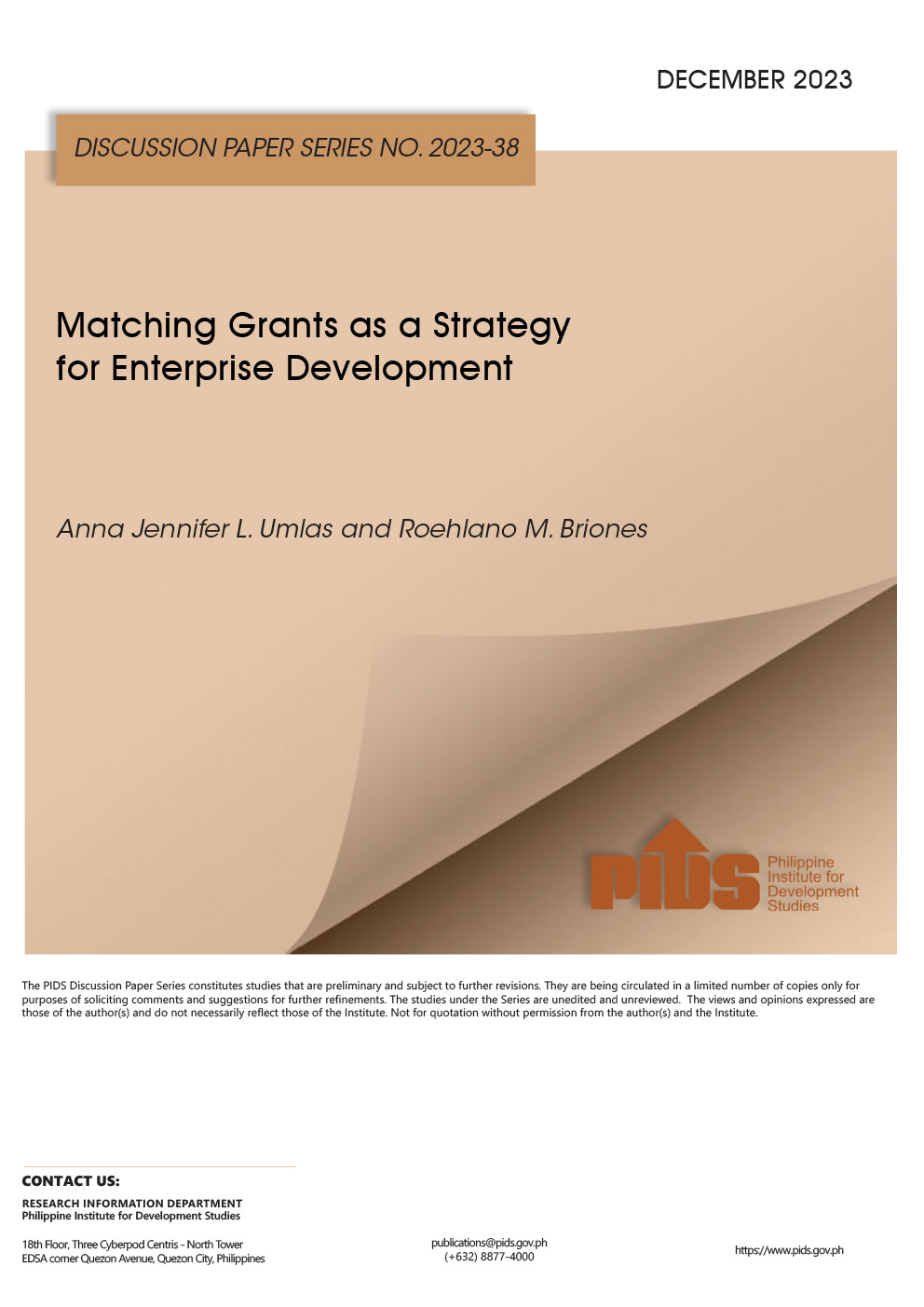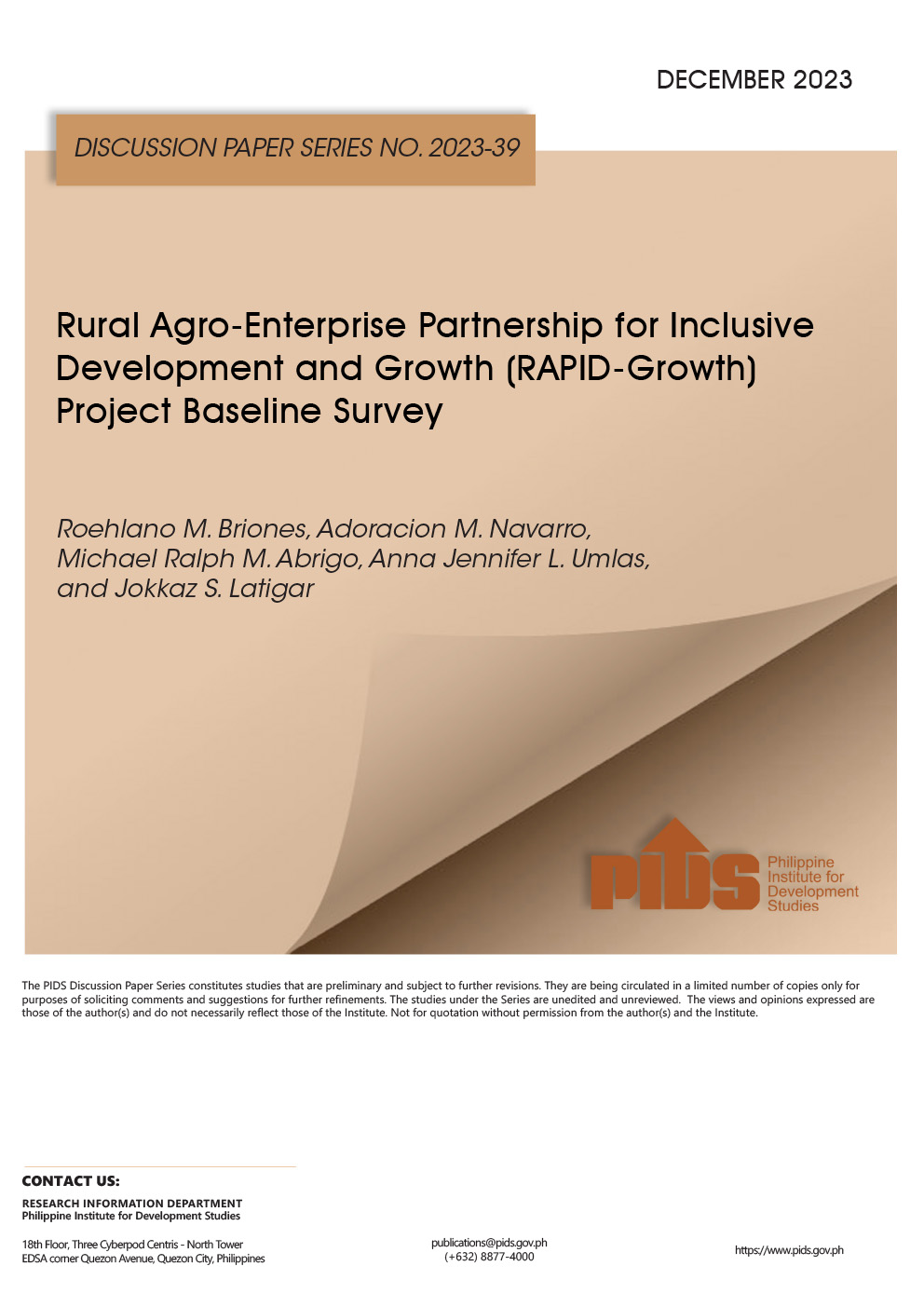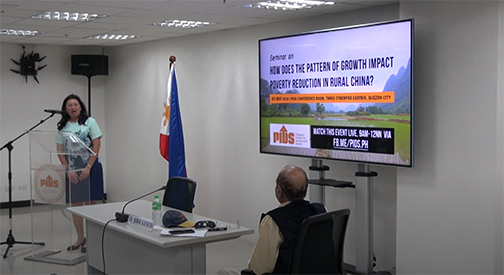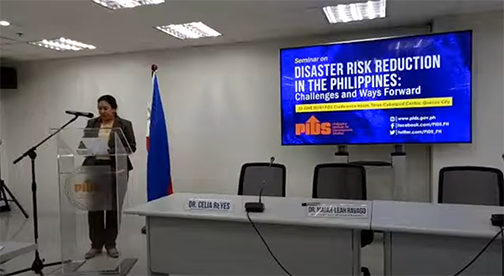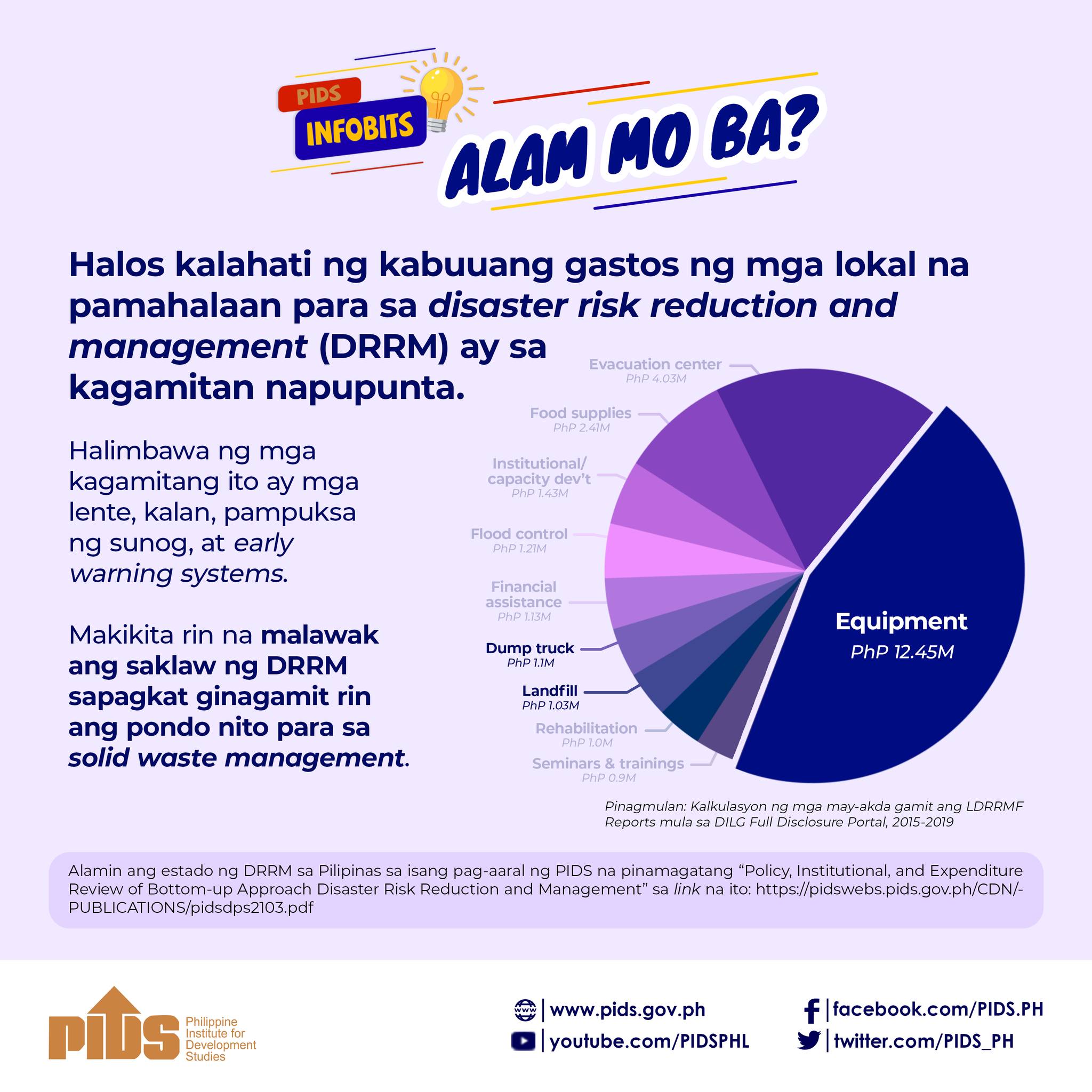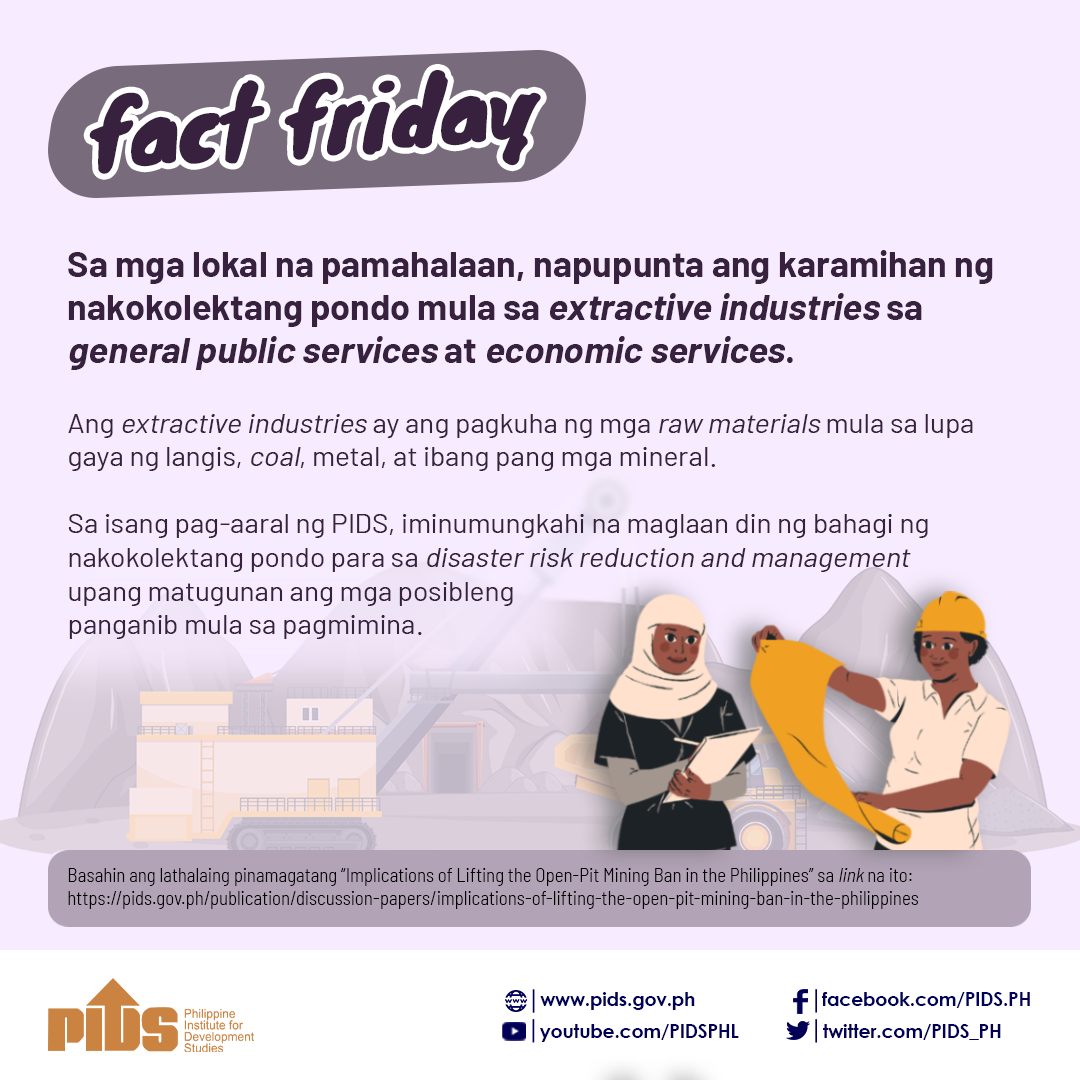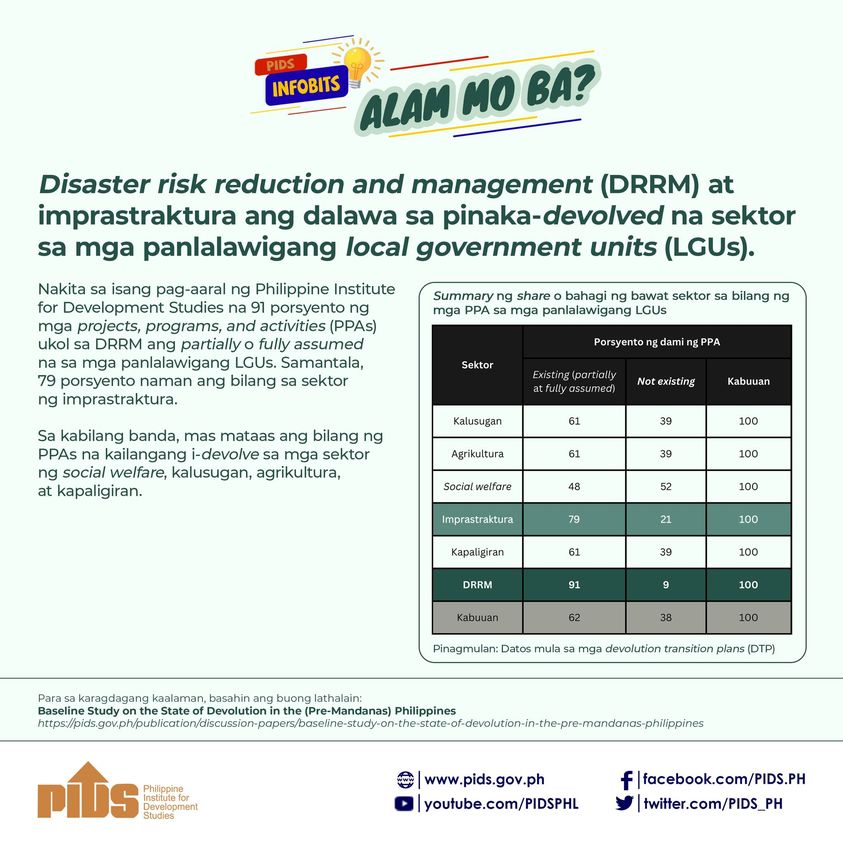Local producers and importers are at loggerheads over a proposal to retain lower tariffs on meat and edible animal organs.
During the Tariff Commission’s hearing held virtually, Meat Importers and Traders Association (Mita) made the case for extending the validity of reduced tariff rates on offals or animal organs so that consumers could gain access to cheaper sources of protein.
“Offals are an important cheaper protein for pork that the masses can afford in the wet market … These are the things that you will see the poor masses buying,” said Mita spokesperson Pablo Pacis.
“Our position is consistent with the recent study published in the Inquirer coming from the Philippine Institute for Development Studies and the study finds that protectionism actually prevents the poorer masses from receiving cheaper protein,” added Pacis.
Aside from keeping retail prices lower, Pacis also said this would avert the proliferation of smuggled agricultural produce, one of the challenges confronting the Marcos administration.
Added Pacis, “The logical way to do is to lower the duties of the muscle meat so that there is no longer any incentive for people to smuggle.”
Mita’s David Kawpeng argued that the government had stringent policies and regulations in place to safeguard both consumers and industry players.“It will be extremely difficult for a smuggler to bring it in unless we are all of the opinion that there is a collusion within members of the government itself,” said Kawpeng.
Call for policy review
Agricultural Sector Alliance of the Philippines Inc. party list representative Nicanor Briones said the tariff rate on offals should revert to 40 percent as the decline in the landed cost, or the cost of shipping a particular product, were severely affecting the livelihood of domestic producers.
At the same time, Briones said the importation of offals must be allowed only for end-users and meat processors.
“Only traders import it (offals) and only a few meat processors source it from abroad,” said Briones, adding importers justified the need to procure imported offals for the benefit of meat processors.
The legislator also said the government must come up with a policy allowing only meat importers, not traders, to procure offal.
National Federation of Hog Farmers Inc. president Chester Warren Tan noted that the previous administration’s decision to impose low tariffs had affected their plans to repopulate, especially after the adverse impact of the African swine fever on the hog sector.
“We felt this is no longer just an extension because its effectivity has been extended twice and it appears it is becoming permanent,” said Tan.
Tan also pushed the government to come up with definitive tariff plans, if any, for local producers to strategize their game plan at the soonest time possible.
He also called for an immediate review of tariffs but the Tariff Commission said it would be premature to make an assessment since President Marcos signed an executive order extending tariff cuts in December.
The Tariff Commission conducted a public hearing on Wednesday as Senator Cynthia Villar directed the National Economic and Development Authority to study the existing tariff structure of the aforementioned commodities.During the hearing held virtually, meat importers pushed to reduce the tariff rate on all imported meat.

